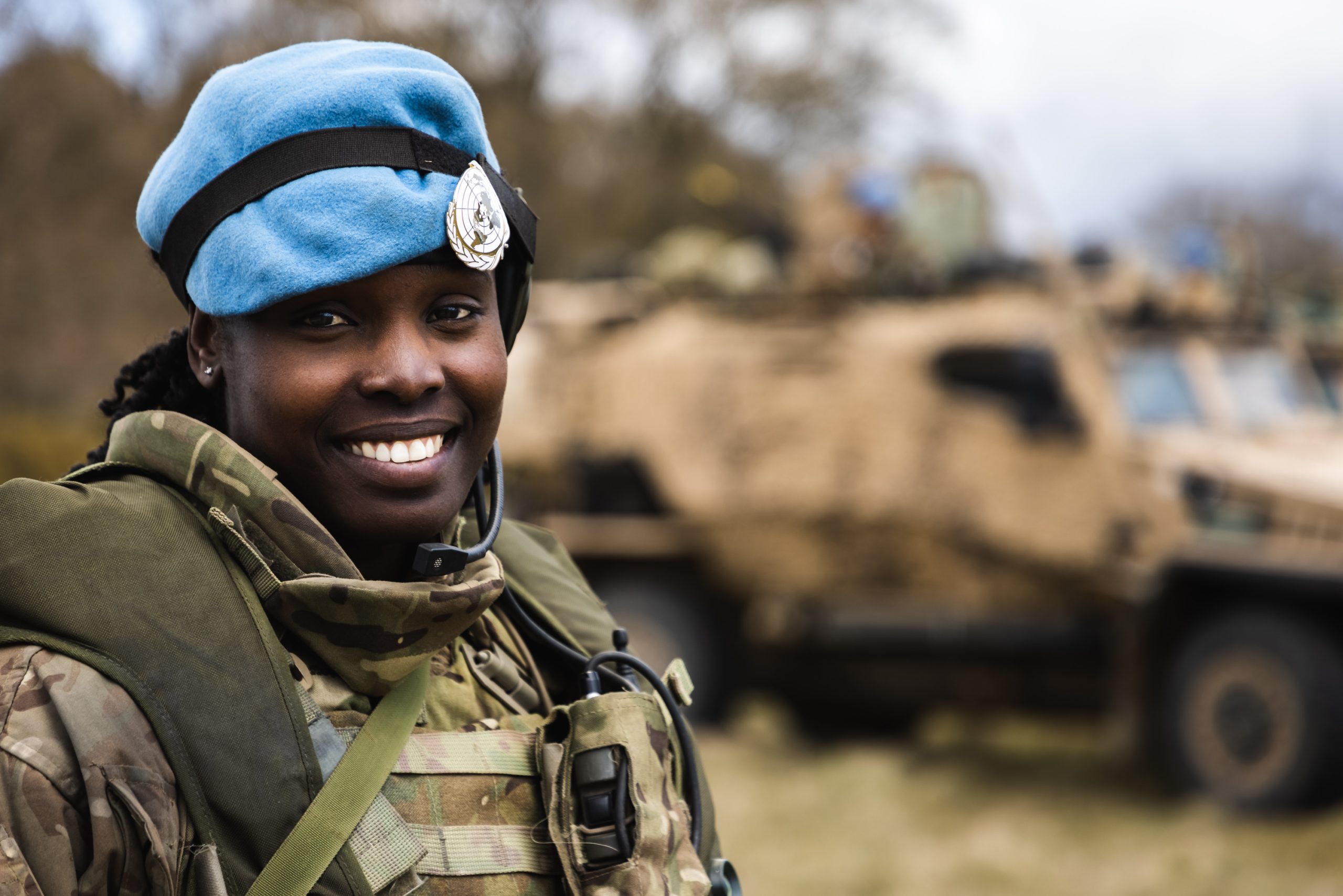- The ability of the multilateral and rules-based system to uphold rights, and to contain and resolve conflict is being challenged by geopolitical shifts. The global challenges of exclusion and inequalities impact our collective effectiveness to prevent and resolve conflict sustainably. Authoritarian regimes deny rights and try to exploit gender fault lines to undermine social cohesion and justify aggression. In this context, international rule of law and the rules based international system are key to both maintaining gains (and doing no harm) and driving further progress.
- In a changing peacekeeping landscape, where western governments are engaging more closely with new partners, it will be important to ensure gender equality remains on the discussion table and support policy coherence by governments between foreign and domestic policy. It is more important than ever for us to work across boundaries to put women peace and security back on the agenda – linking this across key international structures (UN Security Council, Human Rights Council, NATO, OSCE, African Union, ECOWAS, the Convention on the Elimination of all Forms of Discrimination Against Women and the Commission on the Status of Women).
“International actors like the UK have a key role in upholding international rule of law as a set of values and a lifeline for the disenfranchised.”
Recommendations
- Include gender considerations at the hard end of national security discussions on state threats, enforcing the point that Women Peace and Security is not a ‘nice to do’ and it is not ‘women’s work’. Gender and power are at the heart of authoritarian regimes and conflict.
- Adjust gender policy framing to focus on security outcomes (the strategic and effectiveness case) without losing hard-won language on gender and women and girls. Concepts of security should include human security, informed by what justice, peace and security look like to women, girls, survivors of sexual violence and civilians suffering from conflict. Governments should be ready to test policy approaches, and ideally co-create them with those impacted by the conflict.
- Maintain a consistent position and message on participation, empowerment and protection, moving beyond binaries of men as perpetrators and women as victims and inherently vulnerable. The differing gendered roles in conflict need to be understood and addressed in our responses.
- Widen the focus on protection to include a wider set of gendered harms beyond conflict-related sexual violence, including forced marriage, displacement, and trafficking. This includes recognising that not all harms are perpetrated directly by armed actors – some are caused by international criminal networks that are enmeshed and enabled in conflict economies.
- Use funding requirements for a gendered response in partnerships with multilaterals – particularly UN humanitarian agencies, to incentivise and hold implementers to account.
- Begin gendered analysis and advice in the planning and prevention stages. The rapidly changing global context means that both planning for and prevention of conflict is increasingly important. These stages offer time to carry out gendered analysis in a way that means it is ready to inform policy and practice if conflict breaks out.
“In this changing context some things hold strong: Gender is still seen as a sideshow in international security, and women continue to be told that their concerns and their participation will be dealt with later.”
